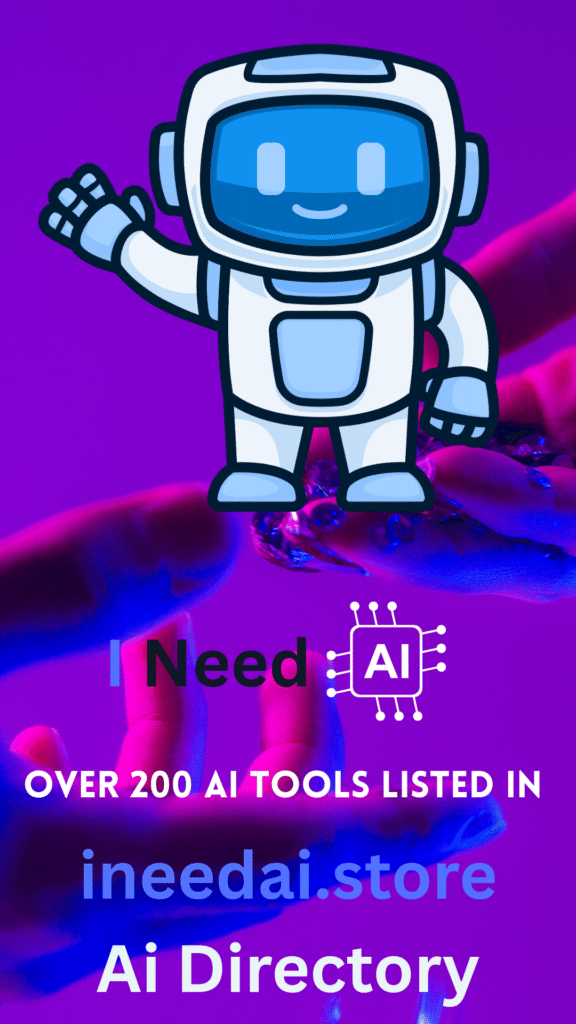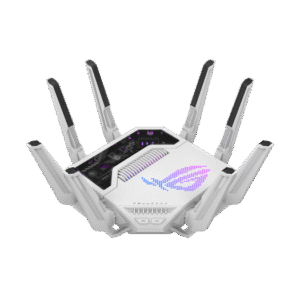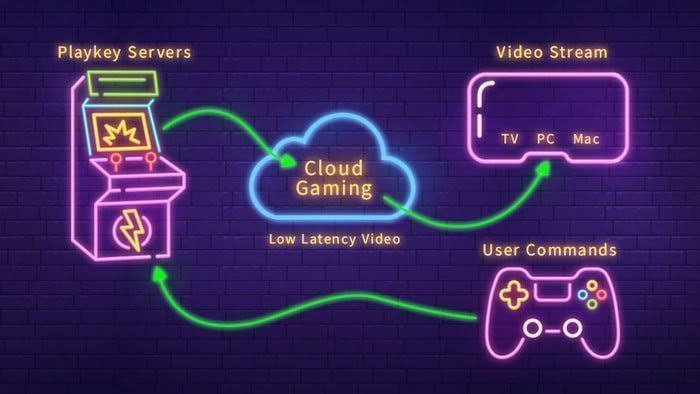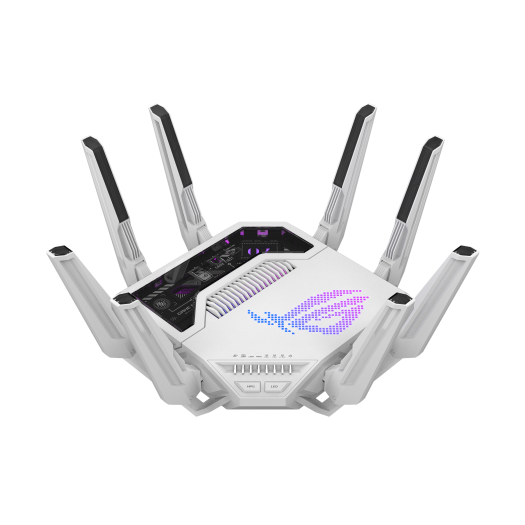In recent years, cloud gaming has revolutionized the way we experience video games. By streaming games directly from remote servers to your device, cloud gaming eliminates the need for expensive gaming hardware and allows players to enjoy high-quality gaming experiences on a wide range of devices. In this comprehensive guide, we’ll dive into the world of cloud gaming, exploring both free and paid options, and weighing the pros and cons of each.
Table of Contents
ToggleWhat is Cloud Gaming?
Cloud gaming, also known as game streaming, is a technology that enables users to play video games over the internet without the need for dedicated gaming hardware. Instead of running games locally on a console or PC, cloud gaming platforms host games on powerful remote servers and stream them to users’ devices in real-time. This allows players to enjoy high-fidelity gaming experiences on devices such as smartphones, tablets, smart TVs, and low-end PCs.
Free Cloud Gaming Options:
- NVIDIA GeForce NOW:
- NVIDIA GeForce NOW offers a free tier that allows users to stream games from their existing library on supported platforms such as Steam, Epic Games Store, and Uplay.
- Pros:
- Access to a vast library of games from various publishers.
- Play games on low-end devices with minimal hardware requirements.
- Cons:
- Limited to one-hour gaming sessions for free users, with potential wait times during peak hours.
- Some games may require additional purchase or subscription.
- Google Stadia:
- Google Stadia offers a free tier that allows users to purchase and play individual games from the Stadia store.
- Pros:
- No hardware required; play games on compatible devices with a stable internet connection.
- Access to exclusive features such as State Share and Crowd Play.
- Cons:
- Limited selection of free games compared to paid subscription options.
- Requires a compatible controller or mouse and keyboard setup for optimal gameplay.
Paid Cloud Gaming Options:
- Xbox Cloud Gaming (formerly known as Project xCloud):
- Xbox Cloud Gaming is available as part of Xbox Game Pass Ultimate, Microsoft’s subscription service that offers access to a vast library of games.
- Pros:
- Unlimited access to a diverse library of games spanning multiple genres and publishers.
- Seamless integration with Xbox ecosystem, including cross-save and cross-play features.
- Cons:
- Requires a paid subscription to Xbox Game Pass Ultimate.
- Limited availability of games compared to other platforms.
- PlayStation Now:
- PlayStation Now is Sony’s cloud gaming service that offers access to a rotating library of PS2, PS3, and PS4 games.
- Pros:
- Play a wide selection of PlayStation games on PS4, PS5, and PC.
- Download select PS4 and PS2 games for offline play on PS4 and PS5 consoles.
- Cons:
- Requires a paid subscription to PlayStation Now.
- Limited availability of newer AAA titles compared to Xbox Game Pass.
Pros and Cons of Cloud Gaming:
Pros:
- Access to high-quality gaming experiences on a wide range of devices, including smartphones, tablets, and smart TVs.
- No need to invest in expensive gaming hardware; stream games directly from remote servers.
- Instant access to a vast library of games without the need for downloads or installations.
- Seamless integration with existing gaming ecosystems, including cross-save and cross-play features.
Cons:
- Requires a stable and high-speed internet connection to ensure smooth gameplay.
- Input lag and latency issues may occur, particularly in fast-paced games.
- Limited selection of free games compared to traditional gaming platforms.
- Potential subscription fees for access to premium features and content.
Cloud gaming offers a convenient and accessible way to enjoy high-quality gaming experiences without the need for dedicated gaming hardware. Whether you opt for a free or paid cloud gaming service, there are plenty of options available to suit your preferences and budget. With its flexibility, convenience, and ever-expanding library of games, cloud gaming is poised to revolutionize the gaming industry and redefine how we play games in the future.












